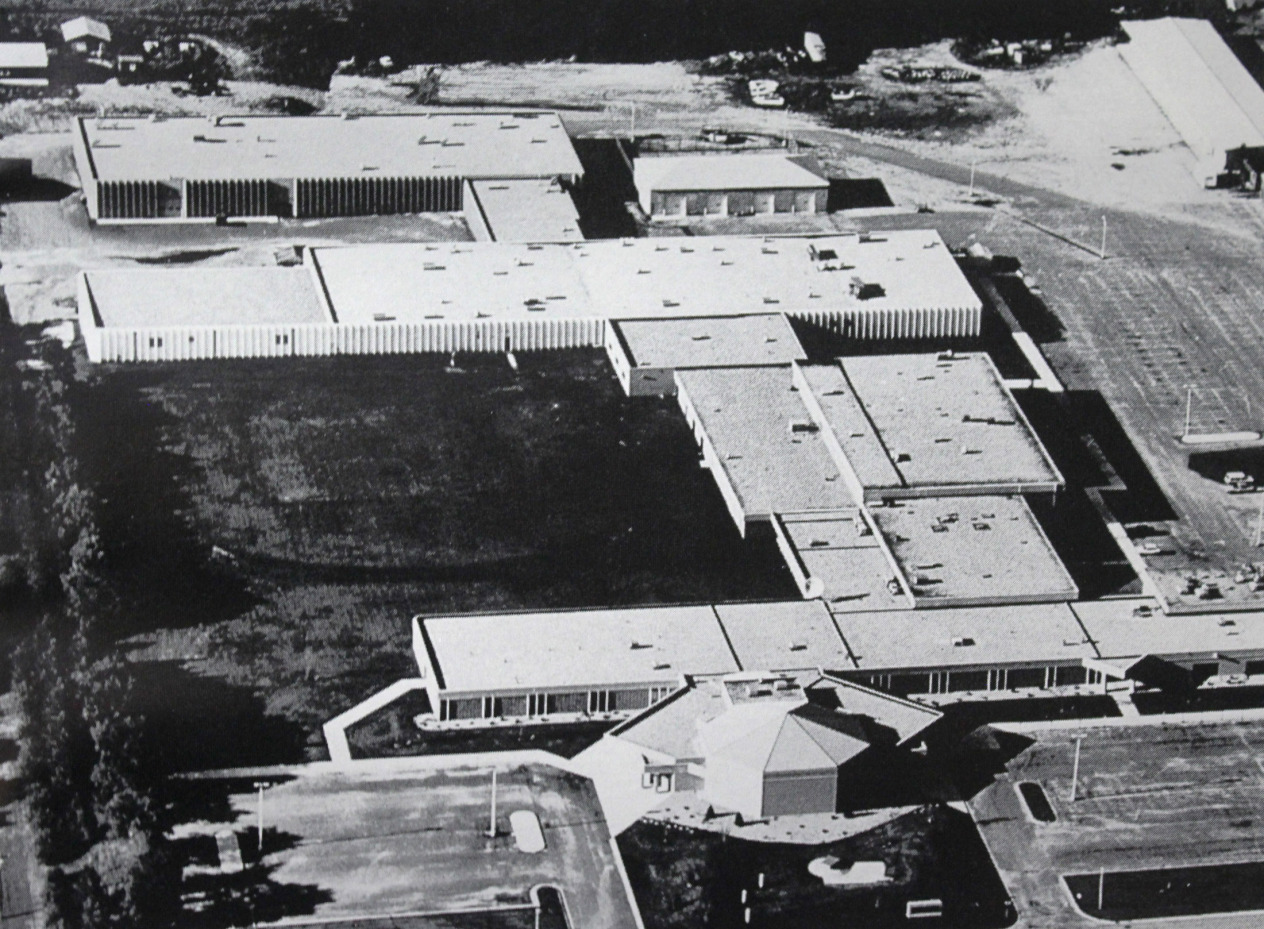Title
LSR1240 - Radiobiology
API ID
Credits
2 (2/0/0)
Description
This course provides basic knowledge of cellular and molecular structures of the human body and explores the effects radiation can have on these structures and the body as a whole. Factors affecting biological response are presented, including acute and chronic effects of radiation exposure. The course also covers radiation quantities, units used to express radiation exposure, and dose limiting systems designed to protect patients, workers and the general public.
Competencies
- Identify and differentiate units used to express radiation exposure.
- Summarize the functions of cells, cellular components and molecules of the human body.
- Explain radiosensitivity of cells, cellular components, molecules and tissues of the human body.
- Describe the ways ionizing radiation can interact with cells, tissues and systems of the human body.
- Diagram and explain the various dose response relationship curves.
- Summarize the effects of ionizing radiation on the various cells, molecules and tissues of the human body.
- Describe acute radiation syndrome and the three associated dose-related syndromes.
- Explain the various somatic effects radiation exposure can have on the human body.
- Compare and contrast acute versus chronic somatic effects.
- Discuss the embryonic and fetal risks associated with exposure to ionizing radiation.
- Discuss the genetic impact of ionizing radiation exposure.
- Identify and explain the goals of gonadal shielding.
Degrees that use this course
Degrees that use this course
Degree:
Diploma
Location:
Detroit Lakes Campus
Credits:
46
